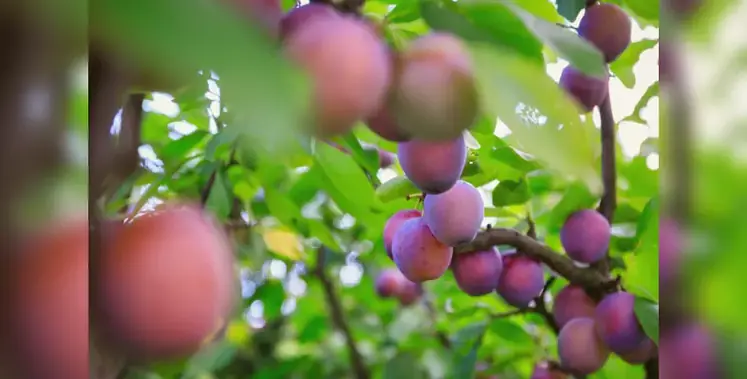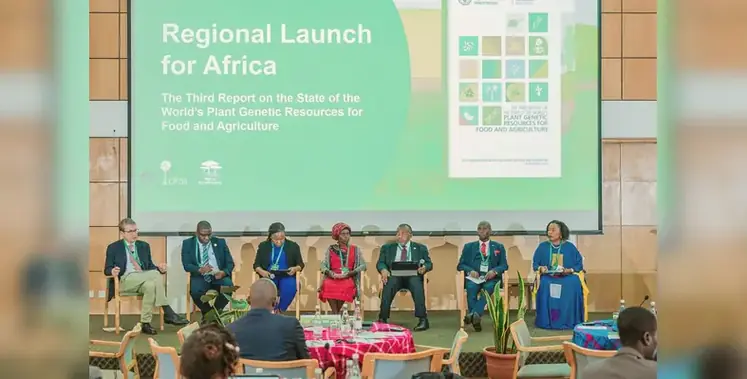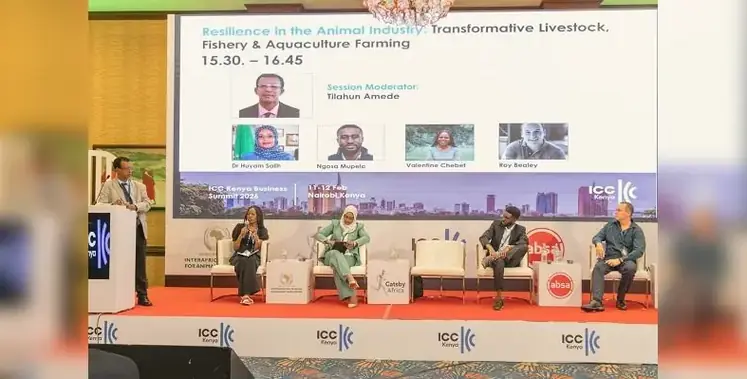South Africa has reached a landmark moment in its agricultural trade journey as the first shipment of locally grown stone fruit sets off for China.
The milestone was marked on 18 February 2026 with a visit to the Freshness First Packhouse in Franschhoek by John Steenhuisen, Minister of Agriculture, joined by Wu Peng, Ambassador of the People’s Republic of China.
The consignment includes around 20,000 cartons of premium plums, mainly the African Delight and Ruby Star varieties. This first shipment signals the formal launch of the long awaited stone fruit trade protocol between the two nations, a development expected to reshape South Africa’s deciduous fruit sector and open new opportunities for growers.
Steenhuisen said, “Today, the Chinese market is a strategic necessity, not merely an opportunity for South Africa’s agricultural resilience. This is a milestone that Ambassador Peng and I have worked toward together, and today I am happy that we have realised it.”
The export follows the signing of a bilateral trade agreement granting South African produce zero percent tariff access to the Chinese market. This preferential access strengthens the global competitiveness of local farmers and provides much needed relief at a time when tariffs from other trading partners have placed pressure on certain fruit exports, particularly plums.
China imports agricultural goods worth around 200 billion dollars each year, yet South Africa currently accounts for just 0.4 percent of that market. With exports presently valued at about R400 million, the country aims to double this figure within four years.
Steenhuisen added, “South Africa does have the capacity to provide the quality and quantity of fruit that consumers in China will enjoy. The implementation of this stone fruit protocol will offset the immediate impact of tariffs imposed by other trading partners, particularly on plums. I am confident that our volumes into the Chinese market are going to increase tremendously.”
The stone fruit shipment forms part of a wider expansion plan, with protocols for cherries nearing completion and blueberries expected to follow later this year.









